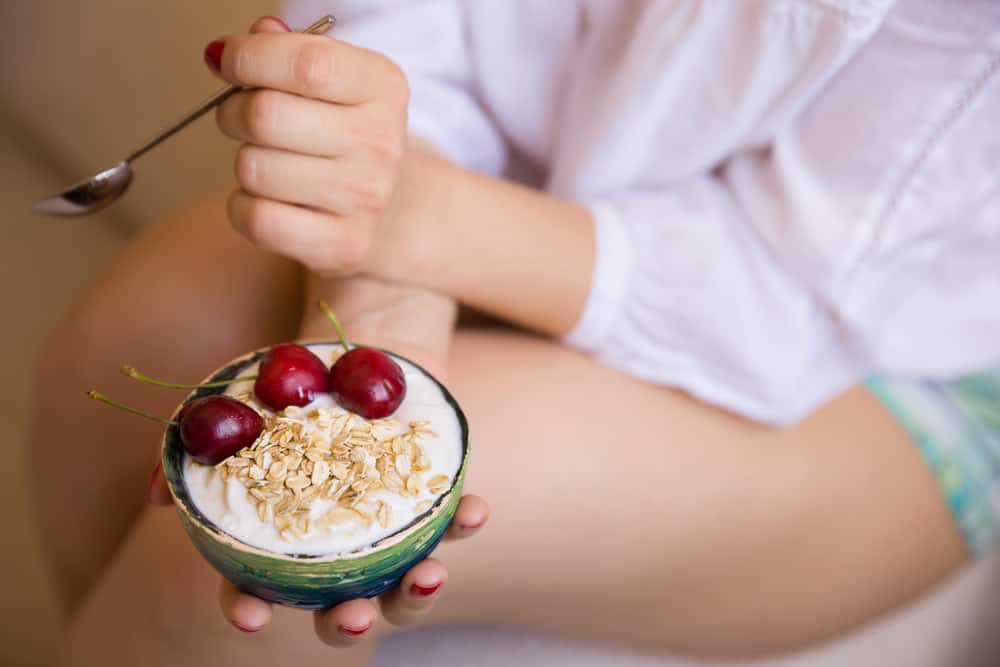Heart disease kills more people worldwide than any other disease. We are learning more about how to prevent heart disease, and this begins with healthy eating and exercise.
A growing number of studies show that what you eat and drink can protect your body against many diseases, including heart disease. In fact, as many as 70% of heart disease cases could be prevented by eating the right foods.
Foods that are good for your heart don’t have to be boring or bland. Many of the foods mentioned below can be included in your diet in varied and interesting ways.
One secret is to mix and match the types of vegetables, fish, whole grains and other items you eat daily to give yourself a good variety. With that, here are some of the foods you should eat for a healthier heart.

18. Oats
Scientists have proved that eating a bowl of oats every day can help prevent heart attacks. The soluble fiber in oats helps to decrease LDL (bad) cholesterol levels. In simple terms, the soluble fiber (beta-glucan) binds some of the cholesterol in the digestive tract. It also helps trigger the liver to pull the LDL cholesterol from the bloodstream for excretion.
Apart from the fiber, oats also contain plant lignans, which protect against heart disease. A daily dose of oats also helps to combat high blood pressure. It’s also a rich source of magnesium, which relaxes the blood vessels.
It’s better to go for coarse or steel-cut oats rather than instant oats, which contain a higher amount of sugar. Oats are low in calories and slow digestion, which makes you feel full longer. This can help you reduce weight.
Obesity, high blood pressure, and type 2 diabetes are known to increase the risk of heart disease. Just 3 grams of soluble fiber daily as part of a diet low in saturated fat and cholesterol may help to reduce the risk of heart disease. When it comes to adding oats to your diet, another great way to eat it is in a smoothie.
